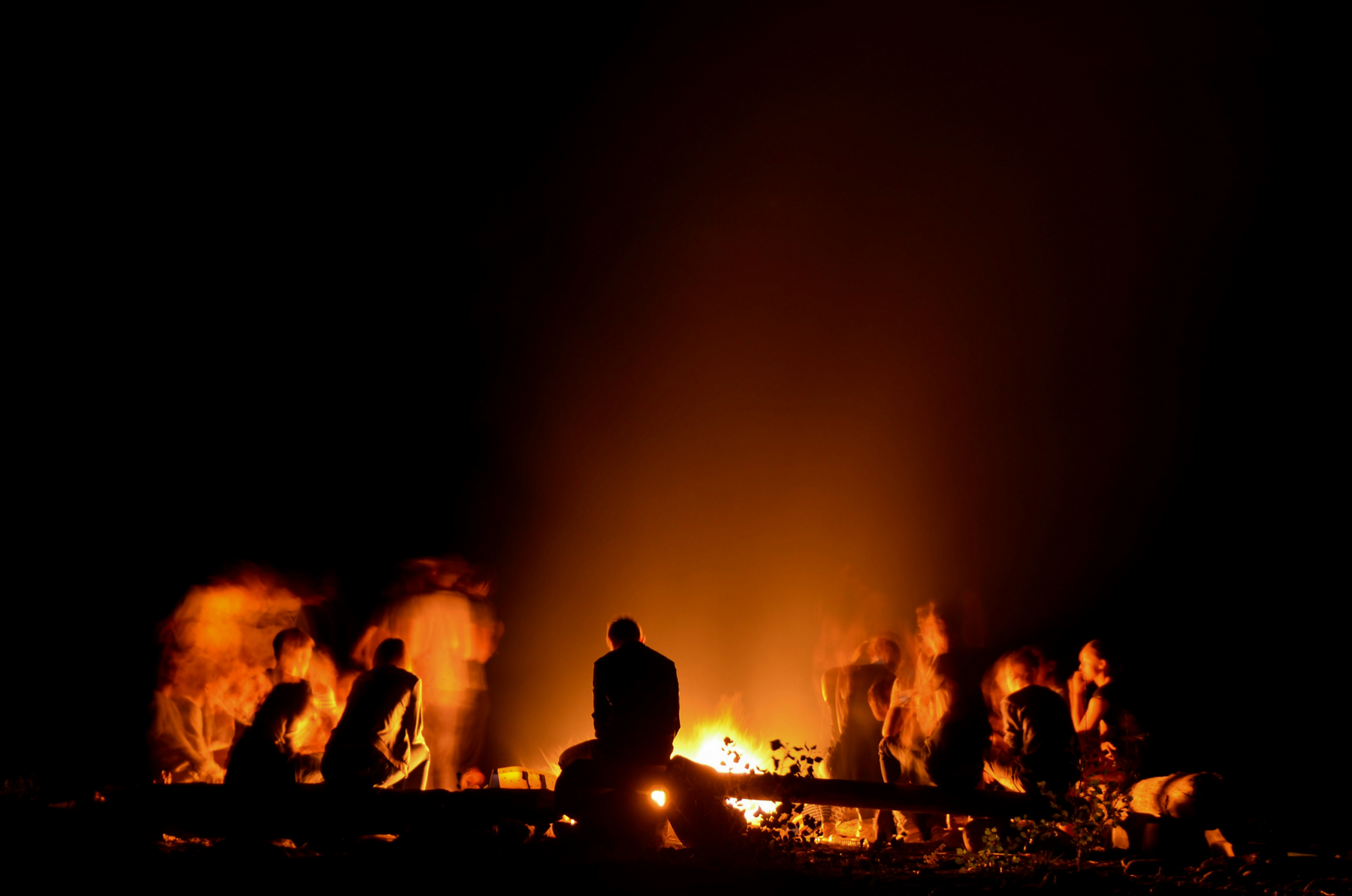
Campfire Conversations: 5 Old-School Southern Skills Worth Bringing Back
Let’s be real for a second. Some of the best stuff happens around a fire. The gear’s packed away, the day’s work is done, and the stories start flowing. That’s where the real bushcraft learning happens, passed from hand to hand like a warm cup of coffee.
There are some skills I wish more folks would pick back up. Not just because they’re useful in a modern context, but because they connect us to the land and to each other in a way that nothing digital ever could.
Here are five old-school Southern skills worth learning, or relearning:
1. Flintknapping

The original edge tool. Making a blade from rock teaches patience, control, and a real appreciation for primitive technology. Many archaeologists agree that the course of human history was altered forever by the creation of tools. Hunting, shelter building, and fire making all trace back to these early innovations. Flintknapping isn’t just a fun project. It’s a way to touch the same process our ancestors used to survive.
Why it matters: It humbles you. And when you finally produce a usable blade, you’ll understand why it mattered so much.
2. Spoon Carving

There’s something meditative about shaping a crooked stick into something useful. You want to slow your heart rate and clear your head? Sit down by a fire and carve a spoon. Sure, a plastic utensil works just fine. But it doesn’t carry a story the way a hand-carved one does. It also makes you better with a knife, which is never a bad thing.
Why it matters: It builds patience, fine motor control, and a sense of accomplishment you can hold in your hand.
3. Knot Tying
It’s not just about knowing a bowline. It’s knowing when it’s the right knot for the job. I’ve met a lot of folks who can tie a dozen fancy knots, but when it comes time to hang a tarp in the rain or secure a load on a trailer, they freeze up. Knowing a few solid knots and exactly how to apply them in the field is more important than collecting knot names like trading cards.
Why it matters: A single well-tied knot can mean the difference between staying dry and miserable, or safe and in danger.
READ MORE: The 5 Most Useful Plants You’re Stepping on Right Now
4. Hide Tanning
Let’s not sugarcoat it. Tanning hides is dirty, physical work. But it’s also part of a bigger story. It’s about using what you harvest and honoring the animal. When you tan a hide yourself, it changes the way you look at materials. Suddenly that soft, supple leather you see in handmade gear holds a whole new value.
Why it matters: It teaches self-reliance, endurance, and gives you a real connection to the wild things that provide for us.
5. Storytelling

Around a fire, when the woods are quiet and the stars are out, that’s when stories matter most. This isn’t just entertainment. This is how wisdom and warnings used to travel. It’s how values were passed down. The wildest thing is, we still remember the stories. We just forgot how important it is to tell them.
Why it matters: Storytelling builds culture, passes down lessons, and ties generations together without a screen in sight.
These five skills aren’t just hobbies. They’re threads that tie us to generations before us, and maybe if we keep at it, to generations that come after us too. You need to be fall fancy in the outdoors, you just need to carve out some time and start where you are.
Maybe the next time you’re around a campfire, you don’t just sit and scroll. Maybe you grab a stick, tie a knot, carve a spoon, or just share a good story. That’s how it all comes back.
About the author

Craig Caudill is the Director of Nature Reliance School, where he leads in-person and online training in wilderness survival, bushcraft, tracking and disaster readiness. He is the author of multiple books on outdoor skills and has been featured as a consultant for the US Government, national television, and survival programs. With decades of experience, Craig is dedicated to teaching others how to interact responsibly with nature while building self-reliance. Learn more at www.naturereliance.org.



